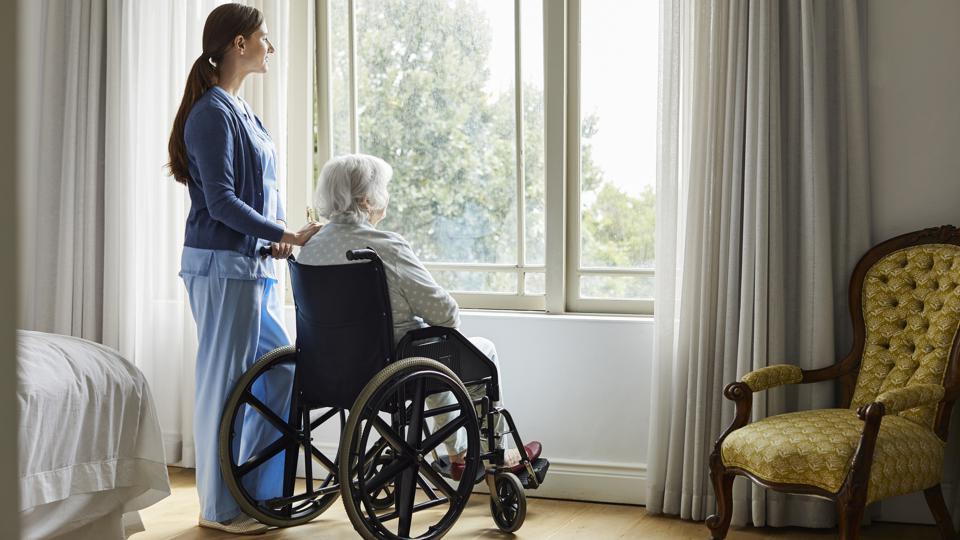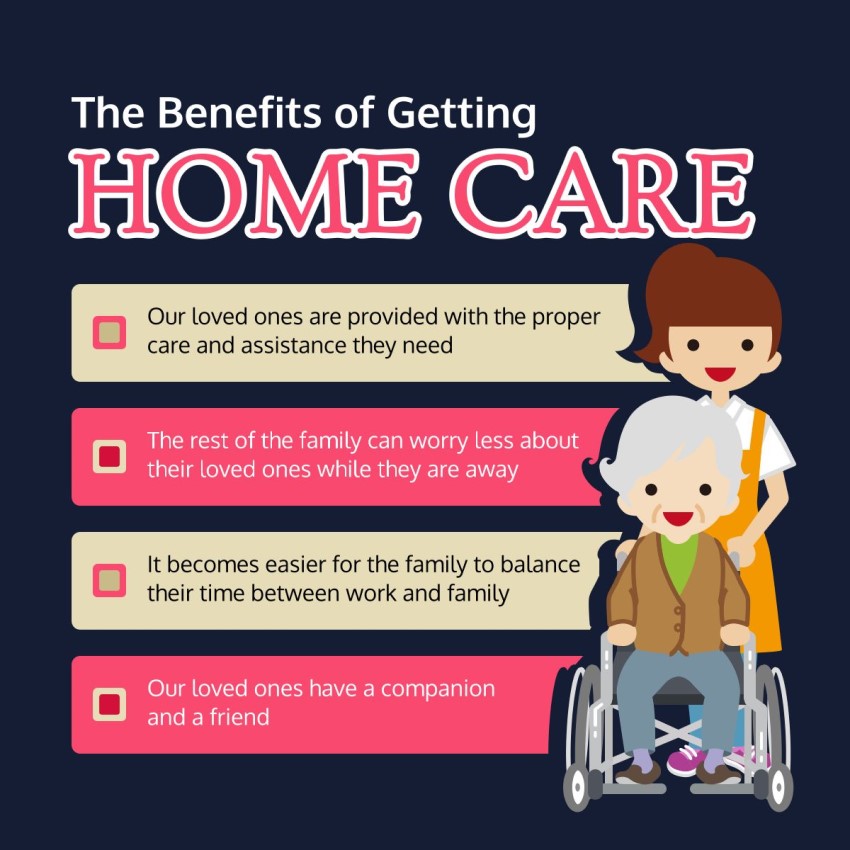At some point in an older person’s life, they may use a home care provider. The reality is that it’s not just the elderly who need home care. Across the United States, 12 million people currently receive care from more than 33,000 aged care and home care agencies. So What are home care services? Why is this service so popular? The article has all you need.
What are home care services?
Any expert support services that enable a person to live safely in their home are considered to be part of home care. Home care services can help the elderly and need support to live independently; are managing chronic health problems; are recovering from a medical failure; or have special needs or disabilities. Professional caregivers such as nurses, aides, and therapists provide short- or long-term care at home, depending on a person’s needs.

Types of home care
- Personal care: This type of home care usually does not require the assistance of a nurse. This involves assistance with activities of daily living such as bathing, dressing, and grooming. Basically, they will help make sure your home life is as comfortable as possible.
- Homemaking: Homemaking services include tasks such as cleaning, laundry, and meal preparation and other cleaning supplies.
- Skilled nursing: If you have a chronic illness or disability, you will need longer-term care from a professional nurse. This type of care is often accompanied by a personal care worker, as you will likely need both health care and assistance with daily tasks. Skilled nursing care is provided by a trained nurse and may include wound care, medication management, and other medical tasks.

- Therapy: Some patients may need help relearning how to perform everyday tasks or improve speech after an illness or injury. A physical therapist can devise a plan of care to help the patient regain or enhance the use of muscles and joints. Speech therapists can help patients with speech impairment regain the ability to communicate clearly.
- Hospice care: This type of care is provided to individuals who are terminally ill and focused on managing pain and providing comfort and support.
- Social services: Medical social workers provide a variety of services to patients, including counseling and finding community resources to help patients recover.
Regulations on in-home care services
What are the Benefits of Home Care?

There is no place like home for many people. Receiving care in the comfort of their own home can help to reduce stress and anxiety and allow them to feel more in control of their surroundings. Home care can be scheduled around the needs and preferences of the individual receiving care, which can be more convenient than having to travel to a healthcare facility. Home care is often less expensive than care received in a hospital or long-term care facility.
In addition, Home care can be tailored to the specific needs and preferences of the individual receiving care, allowing for a more personalized approach to healthcare. Home care can provide much-needed respite for family caregivers, allowing them to take a break and recharge while still providing that their loved one is receiving the necessary care.
Conclusion
In conclusion, home care services can provide individuals with medical and support services in the comfort of their own homes. Home care is often more cost-effective and convenient than care received in a hospital or other facility, and it can be scheduled at a time that is convenient for the individual and their family. While home care services can be beneficial for many people, it is important to carefully consider the individual’s needs and preferences and to choose a reputable and qualified home care provider.

